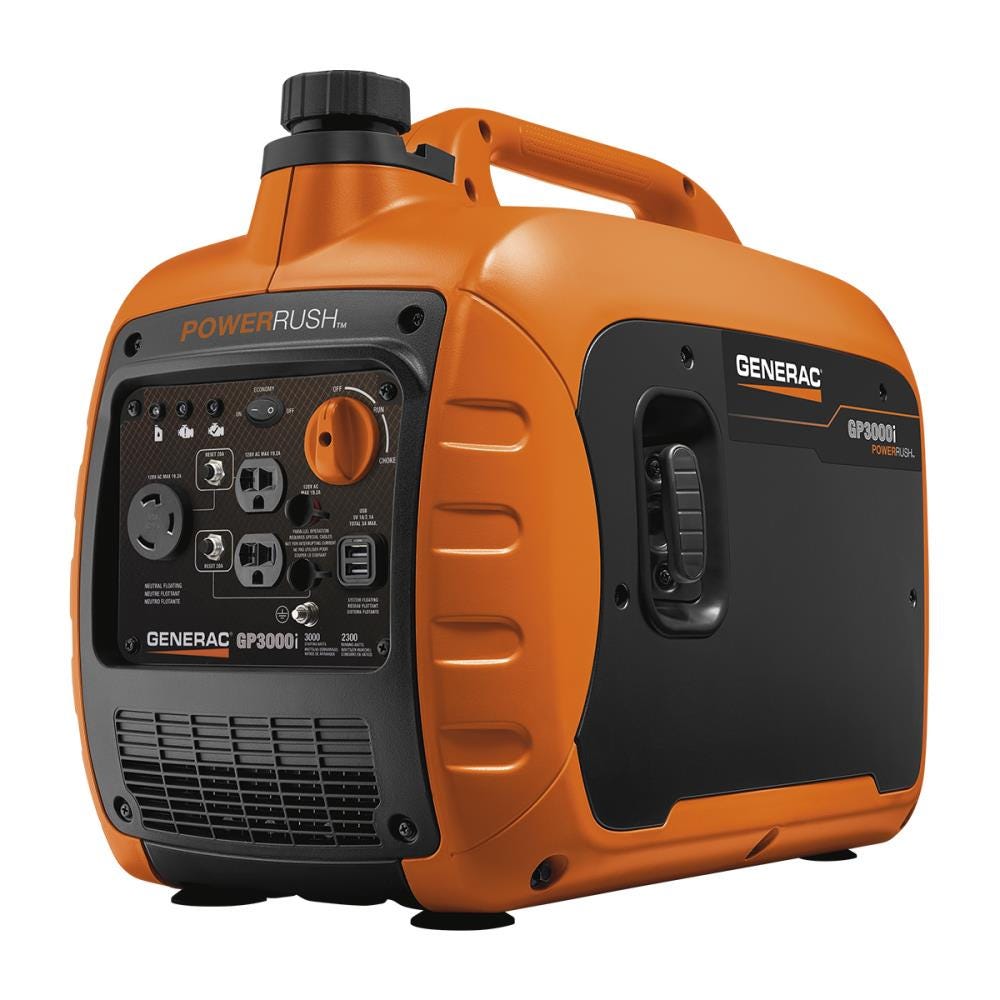
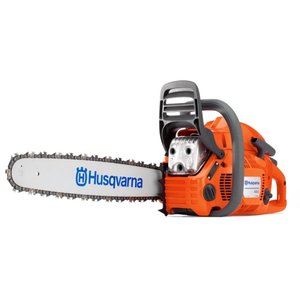
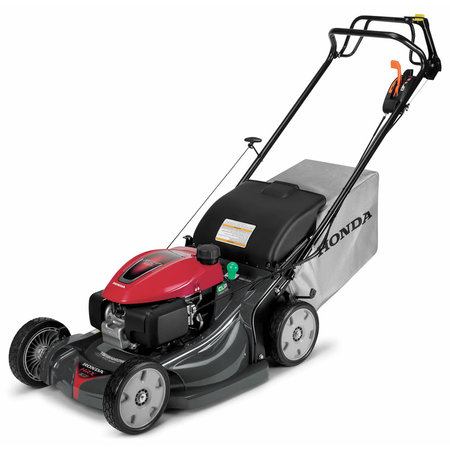
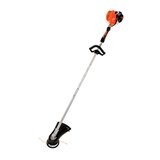
If you live in an area where the temperature can drop below freezing in the winter months, you must protect your outdoor power equipment. Taking care of your tools is simple once you know how, and a few hours of preparation can help you enjoy continued performance for years. Check out our outdoor power equipment winterizing tips to ensure that you get the most out of your tools.
Winterizing Basics
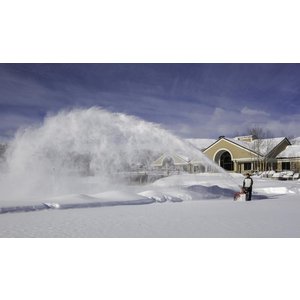
Colder temperatures in the winter can cause fuel or other fluids in your outdoor power equipment to freeze up. This may split lines or otherwise damage the internal components of your equipment. If you don’t live in a cold area, you might still be subject to intense rains, which rust metal parts. Winterizing lawn equipment entails preventing the freeze or rain from affecting your tools. The most significant principles to remember are separating liquid from the machine whenever necessary and ensuring that the tool spends as little time as possible in the cold.
Bring Equipment Inside
Because you’re less likely to need to mow the lawn or perform specific maintenance tasks in the winter, you can keep your lawn mower and other equipment in the garage first. Please ensure you have a thermostatically controlled heating unit that kicks in as the temperature approaches freezing. You can use a space heater or a central system. If you don’t have the space in your garage, keep your outdoor power equipment in the shed. While a shed is likely more fantastic than a garage, the walls protect from wind, rain, and snow.
Flush Lines
Fuel can’t freeze in the line if you empty the tank. Could you make sure to flush the lines thoroughly? If you need to use some equipment throughout the winter, such as your chainsaw for felling trees and cutting firewood, purchase fuel stabilizers to add cold resistance. Fuel isn’t the only liquid in your tools that can freeze. You can drain or replace the oil regularly if you use outdoor power equipment in the cold season. Buildup on the spark plugs can interfere with starting and operation.
If you keep your equipment in your vehicle, truck boxes keep the rain and wind off of them. They’re easy to install and very durable. You also get the benefit of theft protection if you purchase a locking box.
Cover Equipment that Must Stay Outdoors
On those occasions where you have to leave your equipment outside overnight, such as outdoor power pumps or portable generators, cover them with a tarp and secure the tarp to the ground with stakes and bungees to keep it from blowing away. The tighter you stretch the tarp, the less wind can get underneath and blow in, which helps to inhibit rust and other corrosion. It’s essential to do this even with items you plan to use frequently, as it prevents the motor and other metal parts from getting brittle in the cold.
Remember the Small Things
It’s not just the tools themselves that you have to protect. Power washers and other outdoor power equipment depend on a water supply. Use pipe wrap to keep the water inside the lines insulated against freezing temperatures. Hose bib covers to protect your hose’s faucet from icing up.
Taking care of the little things is often one of the best steps for success; like those around your fuel tank, the gas seals often crack in the cold. You can remove them before the cold hits, in the case of equipment that doesn’t get used during the cold months, or remember to check them before every use. Fuel and air filters are designed to trap particulates that can damage your equipment. This also causes moisture buildup, which can lead to ice formations. Could you make sure to replace disposable filters frequently? In the case of long-term filters, the time you spend cleaning out the folds and air-drying them can keep them functioning well despite adverse conditions.
Your spark plugs are essential to the operation of anything with a motor. They ignite the fuel on startup and while it runs. The constant passing of gas through the gap in the plugs can leave deposits. These deposits interfere with the sparking, and they can freeze over in the cold. Carefully removing any buildup between operations ensures continued high performance and optimal fuel efficiency.
Could you lubricate your moving parts? This is vital for hedge trimmer blades and saw chains. Using manufacturer-approved lubricants, including tung oil, can keep flexible joints from freezing or rusting together. Applying takes just a few moments, and the best oils last a long time, so reapplications are infrequent during idle times.
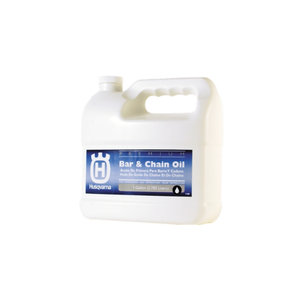
Remember the tiny, out-of-sight things. If you have a keyed ignition, such as you find on a tractor, generator, and many other large pieces of outdoor power equipment, the lock mechanisms can freeze in place. Lock deicer melts frozen parts so you can fit your key inside. It generally comes in small bottles that you can keep right next to (or even inside) your more extensive apparatus, and it works in seconds. If ice does build up, you can use RV antifreeze to lower the water’s freezing point for easier melting.
Winterizing Outdoor Power Equipment Checklist
Each piece of equipment is different and requires custom care. Use the following to care for your tools.
Blowers
Blowers see a lot of use in the autumn, which tapers off once the leaves are all gone. Drain any fuel once you’re done using them for the season. Electric blowers require far less winterization maintenance and are lightweight and easy to use.
Chainsaws
Chainsaws can see considerable use throughout the winter, mainly if you use firewood to heat your home. Keep the chain links lubed, and use a fuel stabilizer for all-weather performance. Use blade sheaths to keep the wind and moisture away, and switch to winter-grade bar and chain oil until the temperatures rise again.
Generators
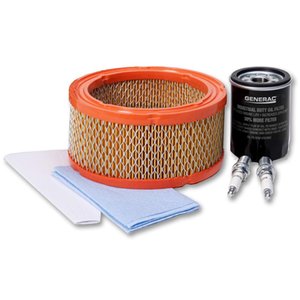
Gas-powered generators should be checked frequently since they’re among the most vital outdoor power equipment in an emergency. For maximum dependability in extreme conditions, opt for liquid propane models, which have fewer components to freeze. You should regularly clean and replace filters and seals, regardless of how your generator draws power. If you use a large standby generator, some manufacturers sell specific cold weather kits that take moments to install but help the generator function well in colder temperatures.
Hedge Trimmers
The moving blades on hedge trimmers must be oiled to prevent rust and lockup. Please remember to clean off all plant matter after cutting, which helps stop corrosion. Hedge trimmers should stay in the garage or shed since you’ll likely use them less in winter.
Mowers
Use the winter to engage in a vacation from regular mowing since the grass is likely too wet to mow or covered in snow. Keep the lawn mower tank empty to prevent freezing and corrosion from sitting fuel. Once you clean the spark plugs, filters, blade, and underneath the deck, you can leave it in the garage for the rest of the season.
String Trimmers
Care for string trimmers as you would any other piece of outdoor power equipment. The most crucial unique concern is to make sure that the string stays in a warm place to keep it from becoming brittle.
Learning how to winterize lawnmowers and other apparatus protects your home and business. You can’t predict the weather, but you can be prepared for it and save yourself hours’ worth of labor in the long term. Make protecting your outdoor power equipment a priority every year, and keep your investment in top shape.
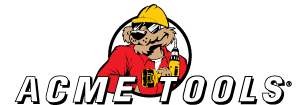
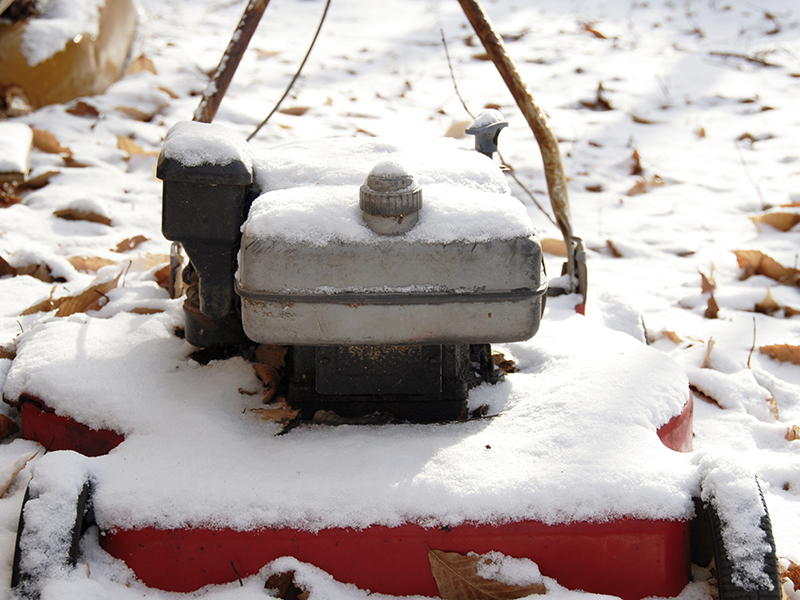
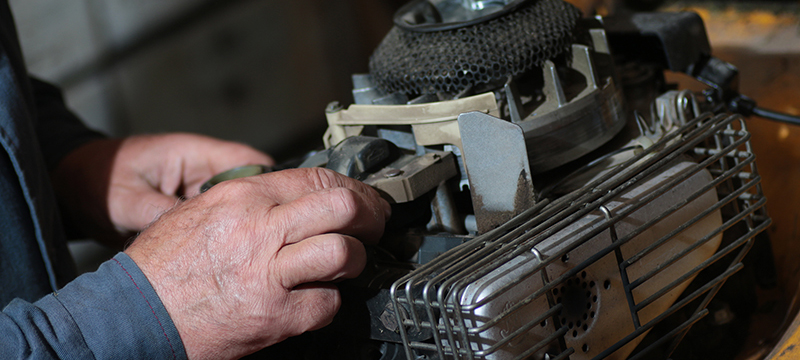

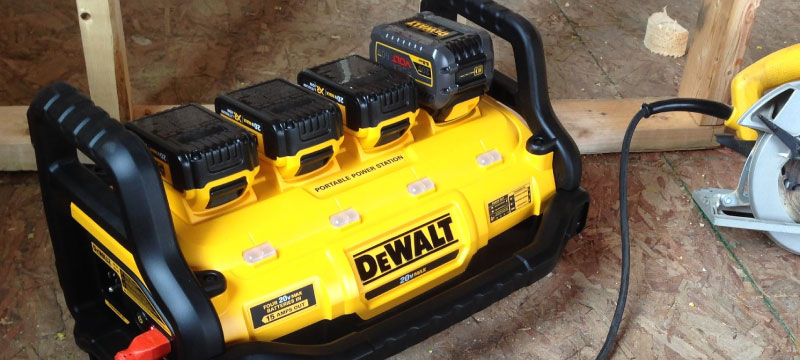
2 Comments
Taylor Bishop
August 26, 2019 at 12:56 pmThanks for the tips for winterizing your equipment. You mentioned you should try to have a thermostatically controlled heating unit that you can put your items in. This seems helpful especially if some equipment need to be stored at a certain temperature to work well in the spring.
DPK Udas
February 21, 2021 at 3:30 amThe recent grid failure at Texas due to climate is a lesson for rest of the world.